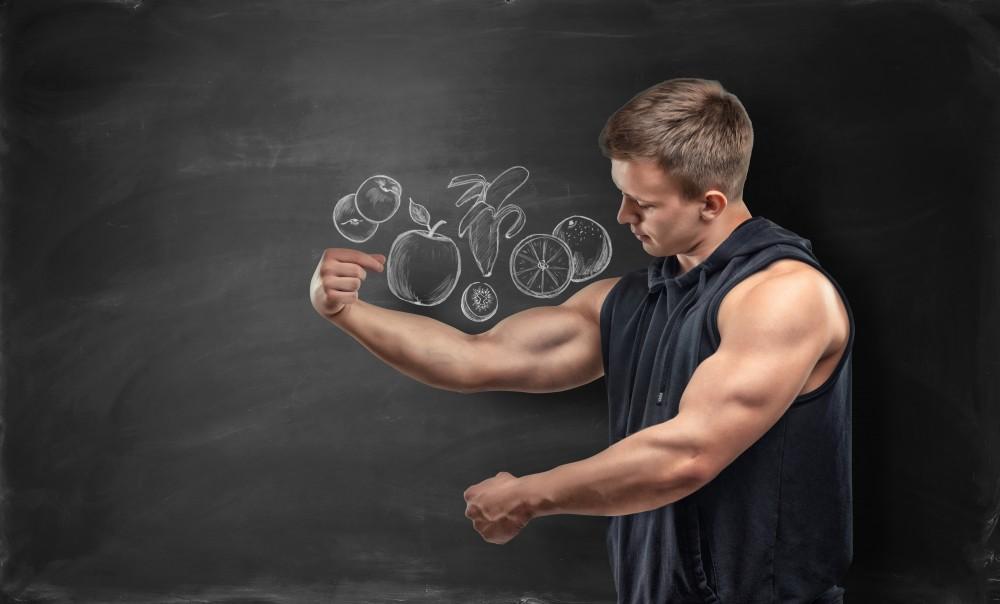
What Every Man Should Know About Muscle Mass

After a man turns 30, he loses about 3-5% of muscle mass every 10 years. If you’re like the average guy, that means you could have 30% less muscle by the time you’re elderly. If you’re built like Arnold Schwarzenegger, that might not affect your health, but if you aren’t, it definitely will.
The expert doctors at the Men’s T Clinic® — with locations in Dallas, Frisco, The Colony, Houston, Cypress, Pearland, Pasadena, Grapevine, and Spring, Texas — recommend maintaining and even gaining muscle mass as you age. Here’s how to do it.
Pack on the protein
Your muscles are made of protein. So is your hair, skin, organs, and the connective tissues you need to keep them all together.
When you eat protein, your body breaks it down into essential amino acids and then recombines the amino acids to create the tissues you need to keep your body strong. If you don’t eat enough protein, you start to lose muscle mass — a condition known as sarcopenia — and also don’t have enough protein to keep your skin, nails, and hair strong and flexible. The muscle loss of sarcopenia puts you at risk for balance problems that could cause falls and potentially lethal fractures, such as hip fractures.
To counteract muscle loss and your body’s reduced ability to process proteins, you actually have to eat more protein as you age. Yes, that means you get to eat more delicious, high-quality protein, such as grass-fed beef and pastured organic eggs. For example, if you weigh about 175 pounds, exercise, and do resistance training, you might need 79-103 grams of protein a day, spread evenly over 3-4 meals (calculate your own protein needs here.)
Your Men’s T Clinic® doctors help you find the diet that works best for you, whether you’re full-on keto, primal, or even vegan. If you just eat a regular, nutritious diet, in addition to protein it should emphasize healthy fats, vegetables, fruits, and whole grains. Because you also produce less stomach acid as you age, you might need to take enzyme supplements to help you digest the protein.
Start lifting
Whether you’re a gym rat or not, it’s time to stress your muscles and force them to rebuild themselves with all that high-quality protein you’re now eating. Progressive resistance training (PRT) is the best way to build and maintain strong muscles, no matter what your age. As a bonus, PRT and protein consumption also helps build strong bones and maintain their internal protein matrix to minimize your risk for osteoporosis and fractures.
A PRT program means that you’re gradually increasing the number of reps, sets, and amount of weight over time. Yup, that potentially means you could be stronger and fitter in 10 years than you are right now. If lifting weights seems boring, get a trainer or join a gym that has weight-lifting classes to stimulate competition and keep you on track with muscle growth.
Fix your T
Another unwanted effect of the much-wanted longer lifespans of today is that your level of testosterone (T) decreases, too. Testosterone is the hormone that helps you build muscle and is also responsible for the secondary male characteristics that appear at puberty, including a deeper voice and sexual virility. If you’ve noticed that you’ve lost muscle mass but are gaining fat, the doctors at the Men’s T Clinic® do a comprehensive exam and workup, including blood tests to measure your T.
When your T is low or low normal, you could benefit from testosterone replacement therapy (TRT). You can choose from a variety of delivery forms, including pellets, creams, and injections. Fixing your testosterone helps you maintain muscle mass and also improves sleep, which -- guess what -- helps you maintain muscle mass and avoid fat gain.
To get back your muscle mass or learn how to preserve it, contact the Men’s T Clinic® nearest you today. Phone the friendly office staff or use the online booking forms.
You Might Also Enjoy...


Can You Prevent Erectile Dysfunction?

Testosterone Therapy: A Holistic Approach to Healthy Body Fat

When to See a Doctor About Fatigue

Is Lost Muscle Mass a Normal Part of Aging?


